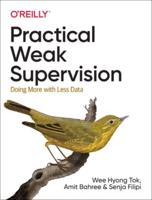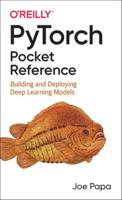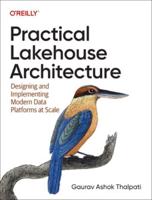Publisher's Synopsis
Seminar paper from the year 2021 in the subject Communications - Multimedia, Internet, New Technologies, grade: 1,0, course: Media, Professions and Society, language: English, abstract: This thesis is dedicated to accessibility laws, voluntary guidelines, and professional regulations and how they interact with web designers. So the research question asks: How do web accessibility laws and professional codes of ethics affect the web designer's profession and working life? To answer this question, the first part outlines the extent to which web design is a profession and how it has evolved. In the second part, the concept of accessibility, disability, and approaches to accessible design are discussed, then the legal regulations and professional ethics are considered, and finally accessible design in practice. In the end, a conclusion is drawn to summarise the findings and provide an outlook. The World Health Organization estimates that about 6 to 10 out of every 100 people live with a disability. It is estimated that a total of 135 million people in the European Region have a disability. This number could increase in the coming years as the population ages (WHO Regional Office for Europe). All of these people will most likely face significant barriers when it comes to information and communication technologies (ICTs), such as poorly designed websites where graphics cannot be read by screen readers or information that can only be accessed with a mouse instead of also with a keyboard. This is fatal at a time when information and communication technologies are becoming increasingly important in our everyday lives. A so-called "digital divide" between people with access to information and those without, could emerge due to rapid technological progress. This potential development makes accessibility such an important issue so that people with disabilities also have full and equal access to information. Accessibility is not just about information. It's about enabling peo










